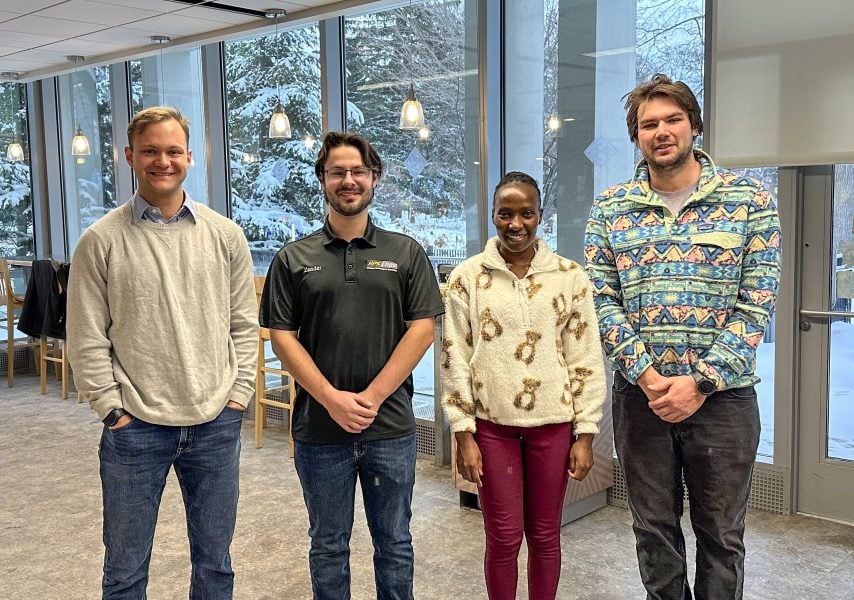
When it comes to recruiting talented doctoral candidates, Michigan Tech’s College of Engineering is starting with our own students!

When it comes to recruiting talented doctoral candidates, Michigan Tech’s College of Engineering is starting with our own students!
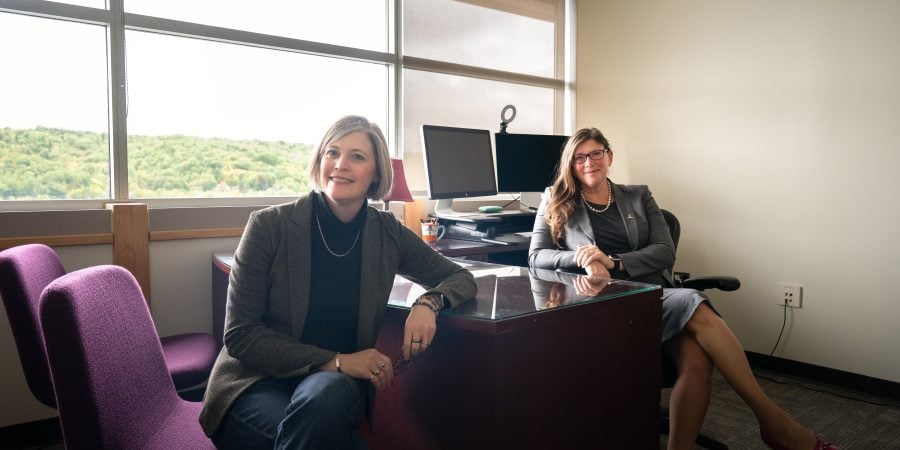
When Dean Michelle Scherer arrived at Michigan Tech’s College of Engineering at the start of the 2024-2025 academic year, she brought with her a new vision of engineering education excellence. Known for its hands-on, practical approach, the College of Engineering under her leadership would train collaborative and imaginative engineers from all backgrounds to develop, test, and build real solutions to meet the challenges of tomorrow.
This summer, Dean Scherer welcomed two new associate deans to the College’s administration who will work closely with her to deliver on that vision of world-class education, research, and leaders
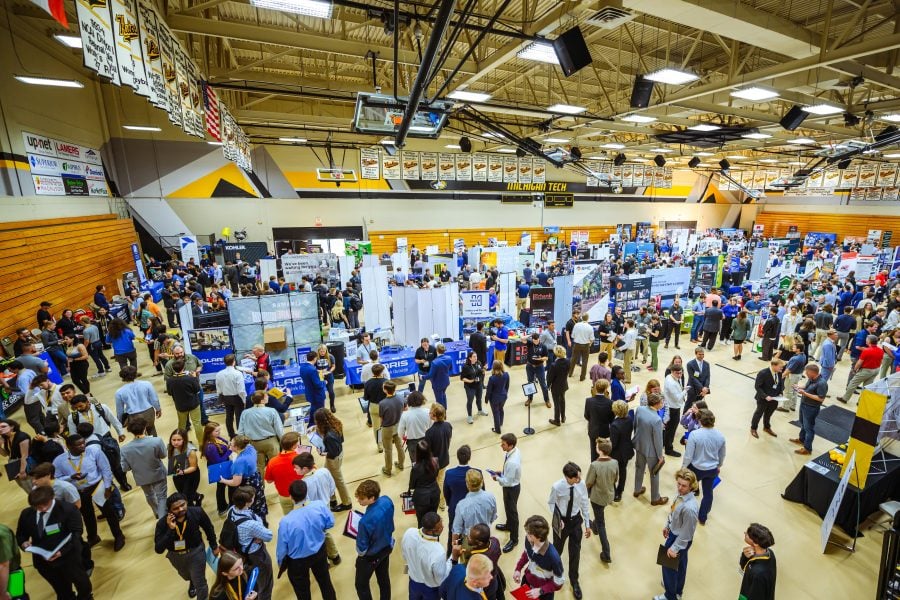
As Huskies gear up for Michigan Technological University’s Fall Career Fair on Tuesday, Sept. 23, they’re looking for on-point advice to land co-ops, internships, and full-time jobs.
Cody Woodbury ’20 has got them covered. Woodbury is a process engineer at Koppers, a global leader in the development of progressive wood treatment technologies. He’s one of the many Michigan Tech students who did a co-op with the company and went on to be hired full-time.
In this Q&A, the chemical engineering grad shares practical advice for students on topics like why it’s important to ask prospective employers questions, how to understand what success looks like during a co-op, and how to make the most of your time at Tech.
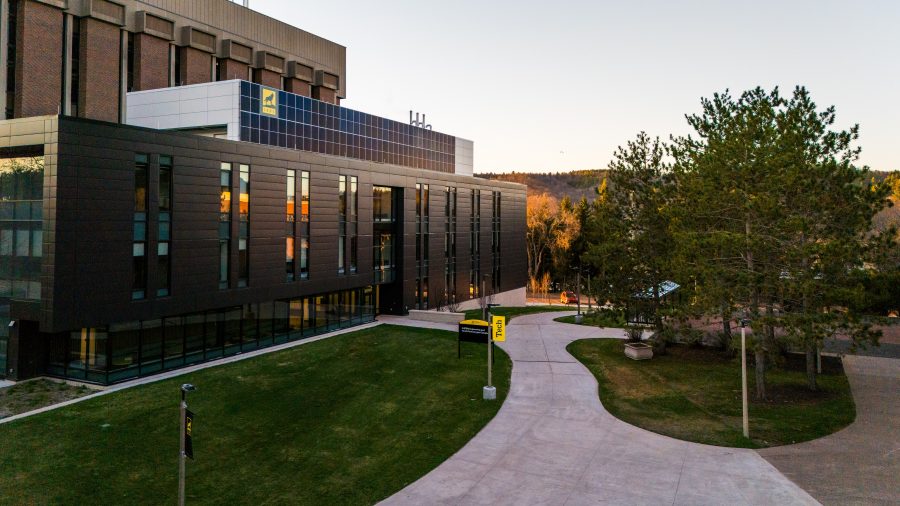
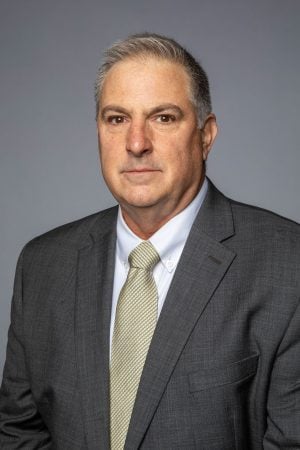
Patrick Pinhero has been named chair of the Department of Chemical Engineering at Michigan Tech’s College of Engineering, effective July 1.
Pinhero joins us from the Department of Biomedical and Chemical Engineering at the University of Missouri, where he was a professor of chemical engineering for 18 years. He served as department chair and co-chair, as well as the director of research for the University of Missouri’s nuclear engineering program. He is a leading researcher in understanding how material interfaces control and regulate chemical processes.
“We are so very fortunate to be welcoming Patrick to our Husky pack to lead our Department of Chemical Engineering!” said Michelle Scherer, dean of the College of Engineering. “The department is recognized nationwide for its research and innovative course design and safety practices and I’m thrilled to have someone with Patrick’s track record of administrative and research leadership joining us.”
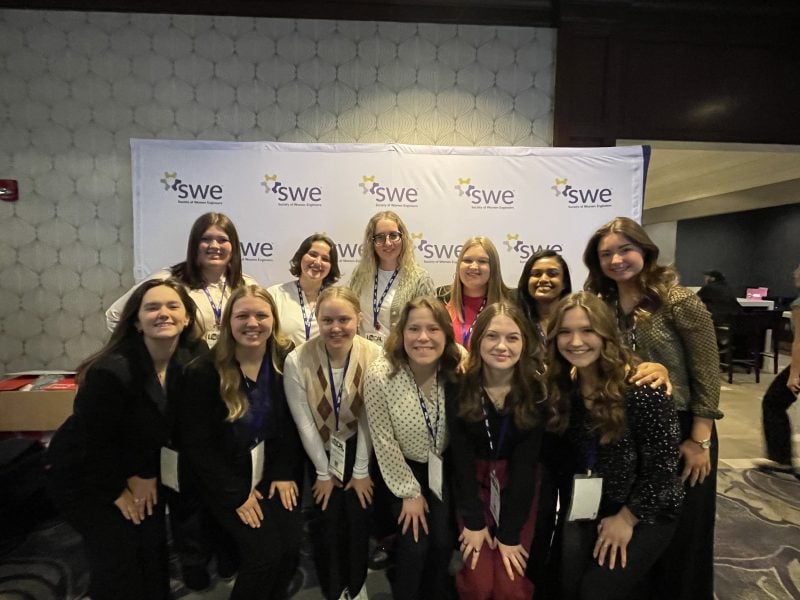
Michigan Tech’s section of the Society of Women Engineers (SWE) attended their WE Local 2025 conference in Milwaukee, Wisconsin in mid-March. Through the generous support of their corporate sponsors, SWE at Michigan Tech was able to send 12 students to attend professional development sessions, network with industry professionals and members of other SWE sections, and bond with their fellow Michigan Tech Huskies.

College of Engineering Dean Michelle Scherer has selected Jon Herlevich ‘94 ‘97, professor of practice in the Department of Chemical Engineering (ChE), for the Deans’ Teaching Showcase.
Herlevich will be recognized at an end-of-term event with other spring showcase members and is a candidate for the CTL Instructional Award Series.
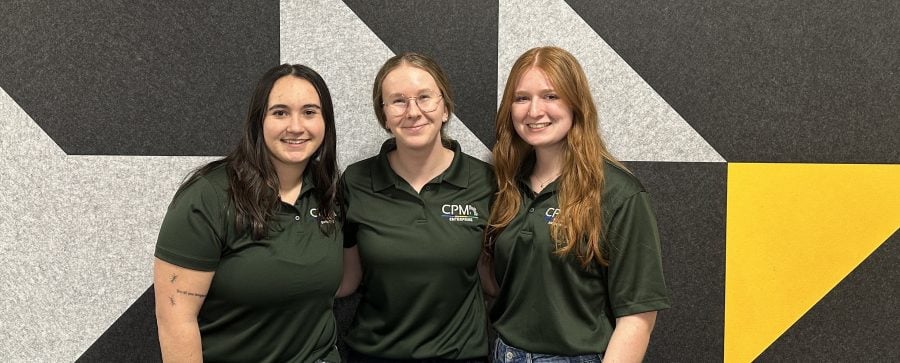
Michigan Tech Enterprise Teams lead to industry partnerships and the kind of experience that employers are looking for. In the case of a Consumer Product Manufacturing Enterprise (CPM) team, the research they conducted led to publication and fewer single-use beverage containers on campus.
CPM enterprise works on multiple projects for multiple years, with the group breaking out into subteams. For their project, the CPM OneTumbler team partnered with campus housing to give all first-year Huskies in 2023’s incoming class a Michigan Tech OneTumbler, as a way to promote sustainability on campus.
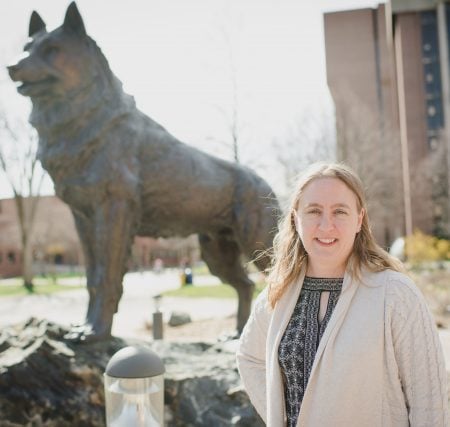
Chemical Engineering Professor Caryn Heldt exemplifies how research at Michigan Tech crosses disciplines—and crosses the globe. The James and Lorna Mack Chair in Continuous Processing, Heldt is also an affiliate professor in biological sciences at Michigan Tech, and directs the University’s Health Research Institute.
Aside from the benefit to communities, internships and similar collaborations benefit Michigan Tech researchers, said Heldt. “International partnerships are really key to expanding your research network, research ideas, and to be able to have your research out into industry and be applied.”
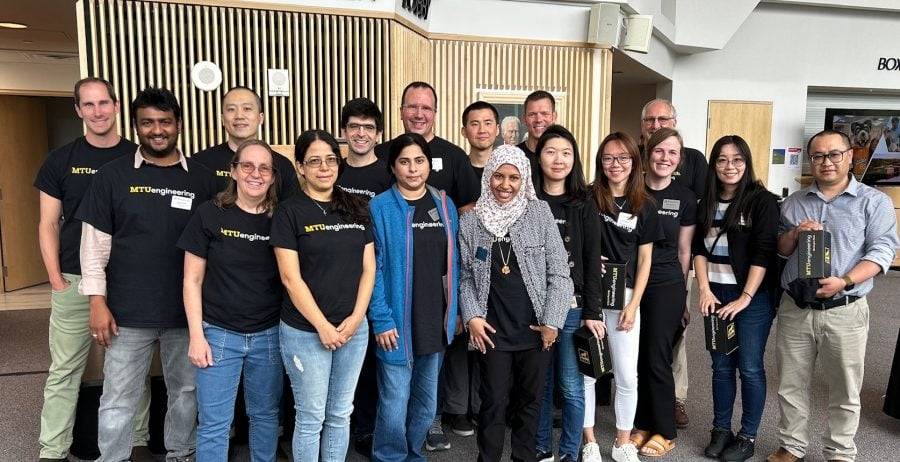
The Michigan Tech College of Engineering is pleased to welcome 16 new faculty members across eight departments this year. These new faculty members bring a wide range of specializations in robotics, geomechanics, cancer tissue engineering, snow hydrology, and more. These brilliant educators and researchers join us from all over the world, including five Michigan Tech College of Engineering alumni. Welcome Huskies!
Read more about our new faculty:
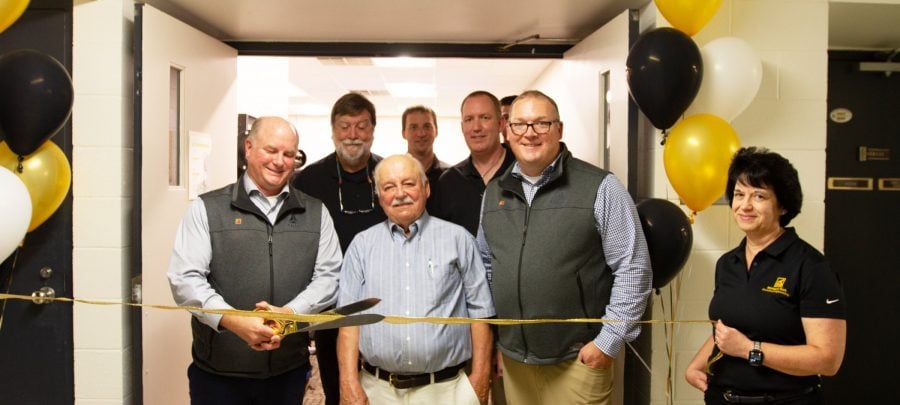
Michigan Tech’s Department of Chemical Engineering, along with representatives of CITGO Petroleum Corporation, dedicated a new space for students in the Chemical Sciences and Engineering Building on Friday, September 27. The CITGO Senior Design Studio will give students a facility with state-of-the-art computing technology to collaborate and work on projects.
The CITGO-Michigan Tech partnership came about through Carlos Jordá, CEO and president of CITGO, who is a 1971 chemical engineering graduate of Michigan Tech.
CITGO representatives Phil Pribnow, Lemont GM of Engineering and Business Services, and Brett Wiltshire, Lemont Manager of Human Resources, were present for the ribbon cutting of the new facility. Also present was Professor Emeritus Bruce Barna ’70, who was a long-time instructor and mentor for students in senior design.